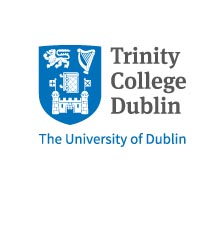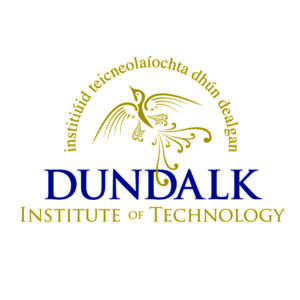Course Description
CPD in R for Social Data Science
Trinity College Dublin
Overview
R for Social Data Science will introduce participants to basic computer programming skills for social data analysis. In particular, it will introduce participants to the R programming language, which is an open-sourced and cross-platform tool for statistical analysis. The aim is for participants to acquire basic programming skills.
On successful completion of this module students will be able to:
- Describe basic programming terminology, structures, and conventions.
- Demonstrate familiarity with the R programming language, including the ability to write, execute and debug scripts.
- Design project workflows through GitHub
- Perform data wrangling and visualisation tasks using R.
What topics will you cover?
R for Social Data Science introduces participants to the core programming concepts, such as functions, variables, conditions, loops, working with libraries, and interacting with APIs. It also covers data management and visualisation. Best practices in project workflow and version control will also be introduced using Github.
The schedule of topics for the class is as follows:
- Sessions 1 & 2, Introduction to Computation: Discuss core software development concepts such as computers, programming languages and algorithms. Learn how to share code using GitHub.
- Sessions 3 & 4, R Basics: Introduce environments, variables, assignment, and object types. Start using some built-in functions to describe data.
- Sessions 5 & 6, Control Flow: Branching, if-else statements, and loops.
- Sessions 8 & 9, Functions: Main building block of a program implemented in any computing language, learning how to construct them.
- Sessions 10 & 11, Debugging, Testing, Performance and Complexity: Learn how to eliminate errors in structured ways and debug, measure execution time and benchmarking of specific operations.
- Sessions 12 & 13, Data Wrangling: Focus on data frames (base R) and its tidyverse cousin tibble. We will also discuss formats of data storage and functions for data I/O and descriptive analysis.
- Sessions 14 & 15, Visualisation: Learn how to plot data in different formats using base R and gglot.
- Sessions 16 & 17, Gathering Electronic Data: Fundamentals of web scraping, collecting data from online sources.
Who is this Course For?
The CPD is designed for participants with interest, but no basic prior experience in computer programming. Participants are expected to have some background in quantitative research methods, such as a degree or equivalent experience acquired in workplace setting. The target learner cohort are participants working in the private sector, for example ITC, finance, and banking sectors.
Who Teaches the Course?
Assistant Professor Jeffrey Ziegler, Department of Political Science, School of Social Sciences and Philosophy at Trinity College Dublin.
The course will be delivered online over eight weeks. Participants will engage with the material in a hands-on environment, which will include coding homework / exercises throughout the CPD.
On successful completion of the CPD, students will receive a Certificate of Completion. In order to be awarded the Certificate of Completion for R for Social Data Science, participants will need to have completed all required CPD exercises.
For more information, you can download our Course Brochure.
You can enroll on the course directly via the PayPal link here.
| College Name | Trinity College Dublin |
| Course Category | Computers & IT (Information Technology), IT Data Analytics |
| Course Type | Online Learning |
| Course Location | Dublin, Ireland |
| Location Postcode | Dublin 2 |
| Course Fee | 1,500 |
| Course Duration | The course runs from Tuesday 13th February to Thursday 11th April. Registration for this course closes on Tuesday 6th February. |
| Course Times | There will be two 1.5-hour sessions each week on Tuesday and Thursday evenings from 6pm-7:30pm. |






Comments, Questions & Reviews